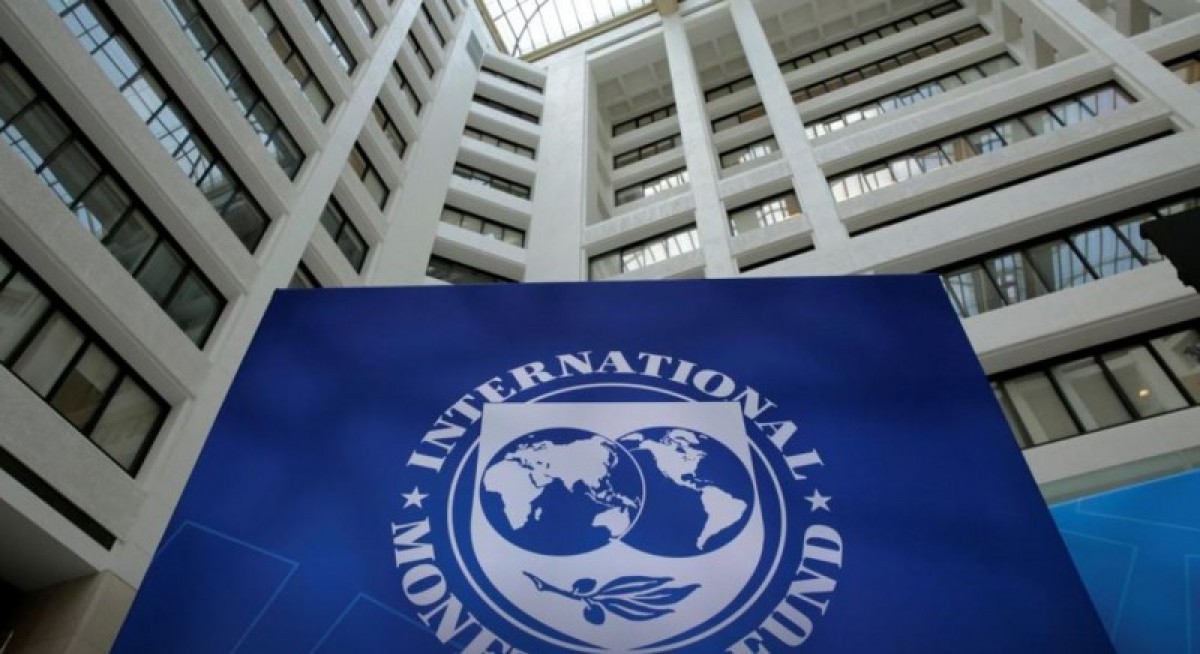On Tuesday, the Washington-based crisis lender cut its global growth outlook for this year and next, warning that the world economy may soon be on the cusp of an outright recession. Global economic expansion will likely slow to 3.2% this year, less than the 3.6% forecast by the fund in April.
The projection for US expansion took the biggest hit, with the IMF cutting it by 1.4 percentage points relative to the April estimate to 2.3%. Federal Reserve Chair Jerome Powell is set to deliver the largest back-to-back rate increase in decades on Wednesday as he tries to curb the hottest inflation in 40 years, roiling financial markets as investor worry the Fed could trigger a recession.
With emerging and developing economies’ debt at multidecade highs, the increase in global borrowing costs and exchange-rate depreciation is making dollar-denominated debt more difficult to service.
“We’re seeing quite significant increase, especially among the low income countries,” of nations in debt distress, Gourinchas said. “We are anticipating that a number of countries may need to restructure their debt going forward – a number of them are already working on this. That number is likely to increase and so it’s going to be very important to try to facilitate that process.”
See also: Russia cuts key rate to 15.5% despite uptick in inflation
A plan forged by the Group of 20 leading economies in late 2020 to rework the debt of countries in danger of defaulting – known as the Common Framework – has been hampered by a lack of coordination, transparency and clarity.
“It hasn’t worked as well as one might have hoped to bring speedy resolution to these debt-restructuring discussions,” Gourinchas said. “We need to facilitate that process. We need to work on making it better.”




